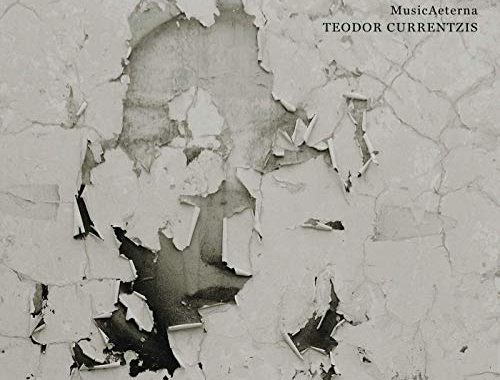Marvin Hamlisch: The Way He Was – Blog
So much has been said and will be said about this hugely talented musician – his loss comes way too soon. But as I sit here thinking back over his amazing body of work I keep recalling the day I spent at his Park Avenue, Tiffany lamp festooned apartment recording a feature interview for my BBC Radio 3 show “Stage & Screen”.
We did the business, tracing the career from its beginnings, homing in on the landmark Pulitzer Prize winning “A Chorus Line” with me pressing him once again on the 11 o’clock ballad “What I Did For Love” which is so obviously a stand-alone song that I couldn’t help thinking – and still do – that it was designed to be a stand-alone hit. I remember him twinkling at this as if to say: “better watch this one; he knows my game.”
“The Sweet Smell of Success” had started previewing that week and having seen it the night before I was keen to compare notes. What a terrific score, so steeped in the sound and style of an era. Nothing generic about it. My good friend William David Brohn had dressed it in his spiffing orchestrations (“what tunes”, I recall him saying to me) and Hamlisch was as chuffed as he could be. He felt that it represented his best work because it was “honest”. It tapped into a period that clearly meant something to him; it was music he loved and could honour with the most sincere kind of composerly flattery – that is, classy pastiche.
This is where I got him to the keyboard. The recording machines got switched off and he gave me and my producer a private trawl through the things he liked best about the score. He was proud of it – and coming straight from a man and musician who had pretty much only known success it was easy to see that this one was personal. The show closed quickly. But I still love that score.
But I also love “The Goodbye Girl” (another show that faded quickly) – and this was the point in the interview where he became preemptively dismissive of his own work. He called this an “oops” show. Reckons he knew that quite early on in the process. And my enthusiasm for the score (wonderfully performed by Bernadette Peters and Martin Short) did nothing to change his opinion. It was still an “oops” show. Maybe – I didn’t see it. But the songs (lyrics David Zippel) work and numbers like “No More”, “My Rules”, and the 11 o’clock ballad “I Think I can Play This Part” (which really needs to be there) are cracking. I honestly couldn’t understand why he re-wrote pretty much everything when a very different show ran briefly in London with Gary Wilmot. Why? Now there was an “oops” show – an unnecessary revision if ever I’ve heard one (up there with the disastrous revision of Boublil and Schonberg’s “Martin Guerre”) and I plucked up courage to tell him. How could he have sacrificed all three of Peters’ big numbers? He graciously accepted my slightly back-handed compliment and we moved on.
But I like to think that maybe my enthusiasm for something that he considered such a failure gave him pause for thought. I can’t have been the first or the last to say nice things about “The Goodbye Girl” and I still play the original cast album.
We had the best time that day – and so, I think, did he. Just as we were leaving he asked if we’d ever been to the Serendipity Cafe – the one immortalised in the John Cusack/Kate Beckinsale romcom. He said we had to, that we hadn’t lived until we had experienced their frozen chocolate desert. “Tell them I sent you – that’ll get you past the line outside. And call me from the table!” We did. So Marvin Hamlisch and Serendipity’s frozen chocolate special are inseparable in my mind – both irresistible. I guess my enthusiasm for “The Goodbye Girl” had a consequence after all.
The great ones are natural and unassuming – and Marvin Hamlisch was one of the greats. He was at the keyboard and the helm of the most sumptuous of big bands when Barbra Streisand’s historic 1994 tour brought her to the Wembley Arena for a series of unforgettable concerts. Who the hell else was she going to have as her MD? “The Way We Were” defined an era and the way Hamlisch was helped define what the master composer/songwriter/ musician had become in the latter part of the 20th century.
You May Also Like

GRAMOPHONE Review: Mahler Symphony No. 6 – MusicAeterna/Currentzis
02/01/2019
GRAMOPHONE Review: Sibelius Symphpony No. 1 – Orchestre Métropolitain de Montréal /Nézet-Séguin
14/08/2019